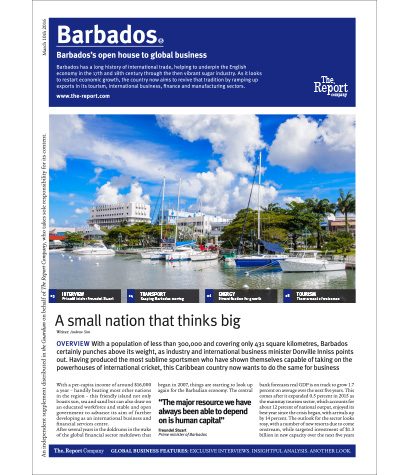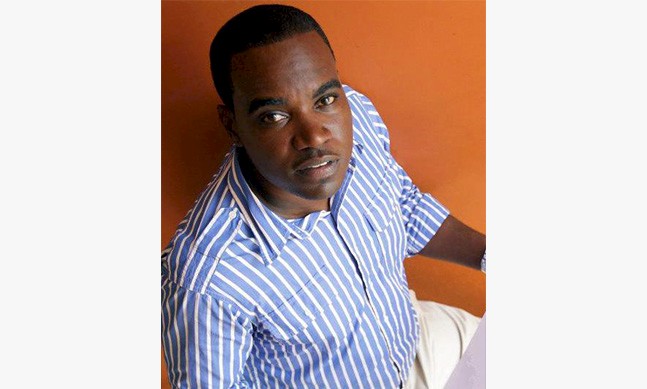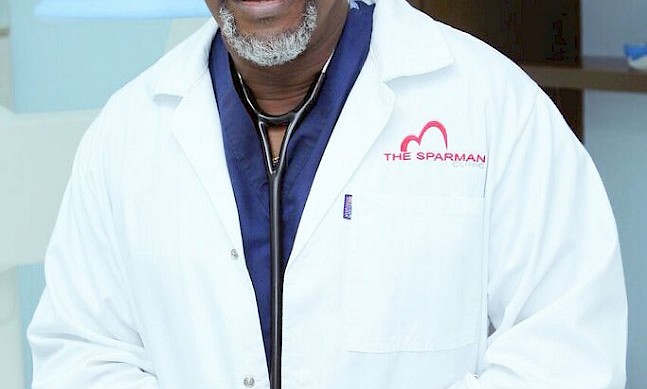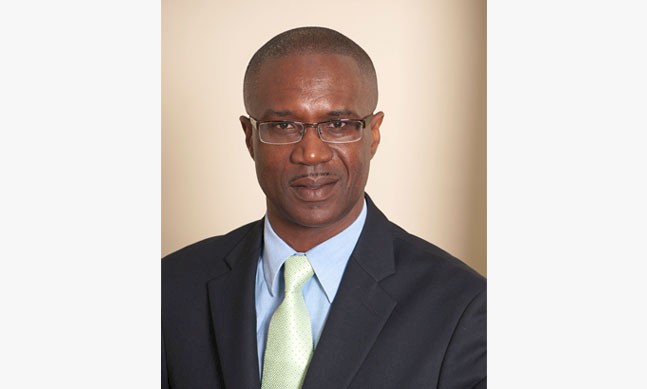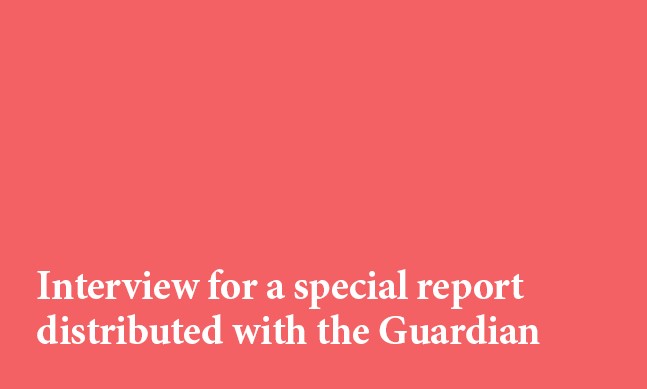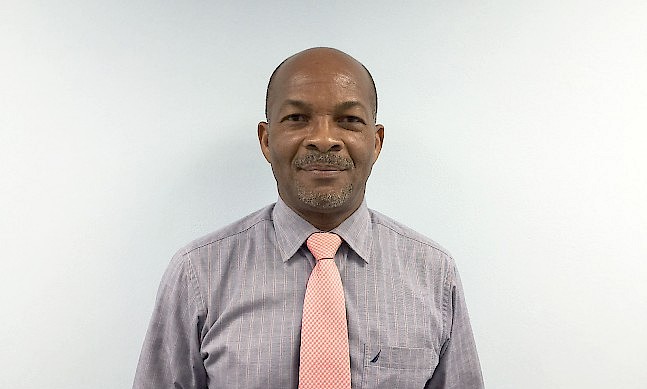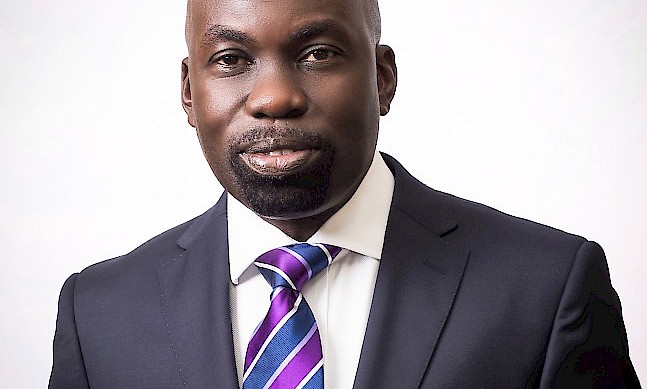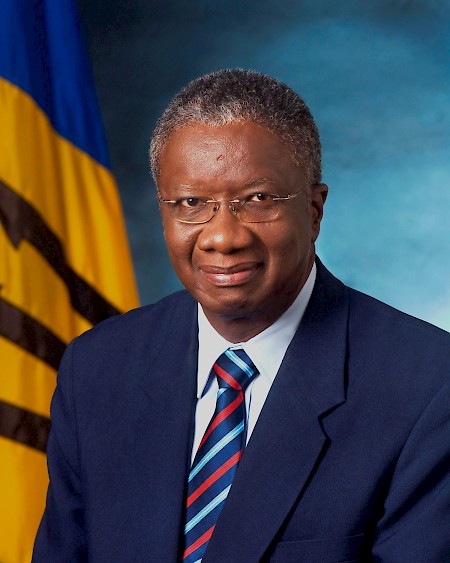 Photo: Office of the prime minister
Photo: Office of the prime minister
Freundel Stuart first served as deputy prime minister in 2008, taking on the role of acting prime minister of Barbados in May 2010 when the former incumbent, David Thompson, became ill. Following the death of his predecessor, he was named prime minister of Barbados in October 2010, and was subsequently re-elected to the post in 2013. He spoke to The Report Company about his vision for the country.
The Report Company: How do you see Barbados?
Freundel Stuart: Barbados is a small island developing state. It is densely populated by international standards, but has a very high literacy rate and a very high GDP per capita. We have an economy that is led by tourism and by international business and financial services. And we have, in my estimation, done very well for ourselves over the last 50 years since independence. We have a social safety net that is equal to any other to be found anywhere in this hemisphere and beyond, and our healthcare and education all satisfy global standards.
“The national vision of Barbados is really of sustainable development. We want to create a Barbados that is socially balanced, economically viable, environmentally sound, and characterised by good governance”Post This
TRC: What is your vision for the continuing development of the economy?
FS: The national vision of Barbados is really of sustainable development. We want to create a Barbados that is socially balanced, economically viable, environmentally sound, and characterised by good governance.
We are conscious of the fact that we have not been able to create a new sector that has taken its place in our economic thrust since the taking up of the international business sector in the second half of the 1970s. The legislation for that sector was passed in 1965, but the take-off of the sector did not take place until the second half of the 1970s. We are trying to correct that lag now; in fact, I think in many respects we are being forced into correcting it because of the impact of the global financial meltdown since 2007.
The rather erratic behaviour of oil prices are an issue. It takes 10,000 barrels of oil a day to keep Barbados ticking over, of which our national oil company produces, in good times, 1,000 barrels a day. That figure is now around 750. We have had no choice but to look at alternative sources of energy. We have taken note of the fact that we have sunshine all year round in Barbados. We have been leaders in solar water heating since the 1970s, but we have not gone beyond that to try to generate electricity from solar sources, so we are taking that leap now and trying to effect a shift from lopsided dependence on fossil fuels as a source of energy to renewable sources of energy, particularly solar sources. There is scope for the development of wind energy as well. That is one change to which we look forward and upon which we have already embarked.
Furthermore, we have always had a highly literate and highly talented population, and we have put in place legislation to encourage the development of our cultural industries. We have vast human potential that we have not fully exploited. We think that the major resource upon which we have always been able to depend is our human capital, and we just want to add another dimension to that by getting some of our very talented citizens to take advantage of their God-given talents and to sell those talents to the world. We have put in place cultural industries legislation, and established a cultural industries authority, and we want to provide incentives for our artists to take advantage of these opportunities. It is Barbados for example that produced the international sensation Rihanna. There are many other Rihannas in Barbados who just need the opportunity and we are trying to make that opportunity available to our young people.
“Ultimately, it is the quality of the British people and what they have been able to put on record that makes them partake of an imperishable renown, and that is what we want to do in Barbados”Post This
TRC: How do you see the future of the UK-Barbados relationship?
FS: There is an organic link between Barbados and the United Kingdom, with 339 unbroken years of colonialism. Ever since independence, we have kept that relationship going. In fact, it has grown even stronger. Britain is our top source market for tourism and investment, and we will do what we have to do from this end to ensure that this relationship is strengthened. We have not lost anything by having a good strong relationship with the United Kingdom. There is a very significant Barbadian diaspora in the United Kingdom. Some of these first-generation Barbadians have come back home and brought back with them the culture from the UK.
TRC: What kind of legacy would you like to leave?
FS: When one assumes leadership of the country, it is not to impose one’s own vision of the future on the country. If you want to succeed and you really want to make a difference, necessity requires that you ask yourself, ‘What in this particular context is the question that history is calling me to answer, and what is the problem that history is calling me to solve?’
I became prime minister at a time when Barbados was feeling the full effects of this global financial meltdown, and I had to try to keep Barbados stable. I have had to try to ensure that Barbadians do not lose faith in the present and more importantly in the future. It is also my good fortune to be in this position at a time when Barbados is celebrating its 50th anniversary of independence. I have put three questions before the country as we go through this period of celebration. I have asked the country to reflect. I have asked the country to ask what features of Barbadian life over the last 50 years we have lost that we need to try and reclaim. What features of Barbadian life have we not lost and we have to try at all costs to retain, and what are those features of Barbadian life that we need to try and discard as soon as possible because they aren’t doing it any good? I think that ultimately, any leader has to be concerned about building a strong national character, giving people a clear sense of who they are, why they are here, having them understand that they have a contribution to make.
Countries are not remembered for GDP and per capita income and economic growth. Those things are important, but when all is said and done, countries are considered great and people are considered great on the basis of what they are able to make of themselves through art, through literature, through ideas and philosophy. It has not escaped my attention that not long ago when a Russian official made some not too flattering comments about the United Kingdom, Prime Minister Cameron sprang into action and rattled off Britain’s achievements, from football to Shakespeare. Ultimately, it is the quality of the British people and what they have been able to put on record that makes them partake of an imperishable renown, and that is what we want to do in Barbados.
TRC: What would be your message to the world about Barbados?
FS: Barbados is a great small island developing state of the Caribbean. We have a high sense of our worth as a people, and we have great opportunities here for investment if you are a business person. We have great opportunities here for recreation; the charm of our manner and the warmth of our hospitality are irresistible. We welcome all of those who want to come and share Barbados with us.
